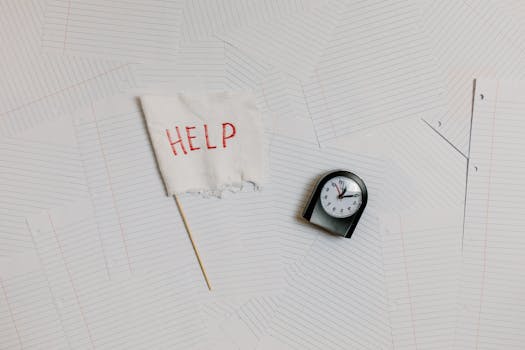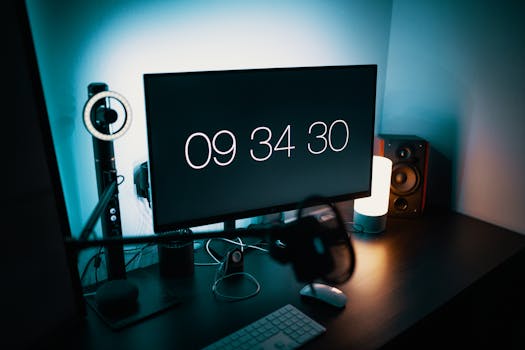
Time Management Strategies for Personal Efficiency
Introduction to Time Management

Time management is the process of planning and controlling the amount of time spent on different activities to maximize efficiency and productivity. Effective time management is essential for achieving personal and professional goals, reducing stress, and improving overall well-being. In this article, we will explore the best time management strategies for personal efficiency, including prioritization, goal-setting, and avoidance of distractions.
Understanding the Importance of Time Management

Time management is crucial for individuals who want to achieve their goals and live a fulfilling life. By managing time effectively, individuals can:
- Increase productivity and efficiency
- Reduce stress and anxiety
- Improve work-life balance
- Enhance creativity and focus
- Boost self-confidence and motivation
Top Time Management Strategies for Personal Efficiency

Here are some of the most effective time management strategies for personal efficiency:
- Prioritization: Identify the most important tasks and focus on them first. Use the Eisenhower Matrix to categorize tasks into urgent vs. important and focus on the most critical ones.
- Goal-setting: Set clear and achievable goals for yourself, both short-term and long-term. Break down large goals into smaller, manageable tasks to help you stay focused and motivated.
- Time blocking: Schedule large chunks of uninterrupted time to focus on important tasks. Use a calendar or planner to block out dedicated time for tasks, eliminating distractions during that time.
- Avoiding distractions: Identify common distractions, such as social media or email, and eliminate them while working on important tasks. Use tools like website blockers or phone apps to help you stay focused.
- Task automation: Automate repetitive tasks to free up time for more important activities. Use tools like Zapier or IFTTT to automate tasks and workflows.
Additional Tips for Effective Time Management

In addition to the strategies mentioned above, here are some additional tips for effective time management:
- Use a task list: Write down all your tasks and break them down into smaller, actionable steps.
- Learn to say no: Be mindful of taking on too much and learn to say no to non-essential tasks that can derail your focus.
- Take breaks: Take regular breaks to recharge and avoid burnout.
- Stay organized: Keep your workspace and digital files organized to reduce time spent searching for information.
- Review and adjust: Regularly review your time management strategy and adjust as needed to ensure you’re achieving your goals.
Conclusion

In conclusion, effective time management is essential for personal efficiency and productivity. By prioritizing tasks, setting goals, and avoiding distractions, individuals can achieve their goals and improve their overall well-being. Remember to stay flexible and adjust your time management strategy as needed to ensure you’re getting the most out of your time.





